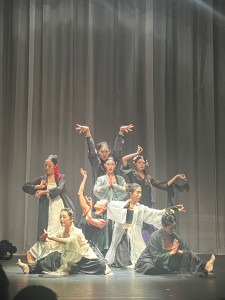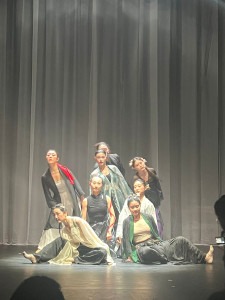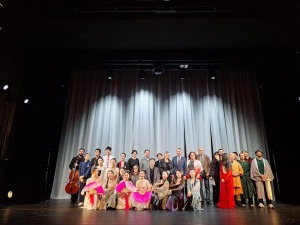UNESCO was created for the firm conviction of nations, who had passed through two world wars in less than a generation, that political and economic agreements are not enough to build a lasting peace. And the defense of peace and the conditions for sustainable development to be built.
"Seven decades after its creation, UNESCO resonates more than ever with these values, We can build more sustainable society through education, science, Culture and free circulation of ideas"Irina Bokova states, Director General UNESCO, adding that aOur cups are fundamental sources of renewable energy.”
The 16 November 1945, the Paris, 37 member United Nations Educational Fund, Science and Culture (UNESCO) to contribute to world peace and security through collaboration among nations in education, science and culture and to establish a universal respect for justice and fundamental human rights, regardless of race, sex, language or religion, according to the United Nations Charter.
Now, The organization has 195 the new Member States and associated countries. Romania joined UNESCO 27 July 1956. The organization is governed by the General Conference and Executive Board, and Secretariat, led by the Director General, implements decisions taken by the two governance structures. Director-General Irina Bokova the organization is, Bulgarian, the first woman to lead the institution. He took office at 15 November 2009 and was re-elected for a second term, in 2013.
UNESCO's biennial budget is financed by contributions from Member States and benefit from a substantial extra-budgetary funding.
The 16 November, is celebrated UNESCO World Heritage Day in Romania, starting from 2013.
In its early years, UNESCO helped rebuild schools, libraries and museums, destroyed by WWII, and served as intellectual forum for Schema ideas and scientific cunoţtinţe.
Between 1950 and 1970, as they joined the countries that gained independence barely, organiţaţia turned his attention to children's access to education and to combat illiteracy, Rimas who now challenges.
UNESCO spearheaded environmental movement and sounded the alarm about threats to biodiversity. The ProgramMan and Biosphere, released 1971, sought to reconcile both use, and preservation of natural assets. It was the first step towards sustainable development.
Nubian temples campaign in years 1960 not only saved the famous monuments of Egypt threatened the Nile after the construction of the Aswan Dam, but it also changed the way it was dealt with protection of cultural heritage inpirând creation Humanitarians Patrimoni Program . This was the basis for widening the scope of interest of UNESCO action by all sites with outstanding universal value – material, intangible and documentation, apromovat and respect for cultural diversity and human rights.
Through the development of community radio and multimedia centers, the training of journalists, by helping governments to formulate new laws mean new services and encourage its dissemination, UNESCO became champion of freedom of expression and protection of the right of citizens to access information and laid the foundation knowledge-based societies.
Highlighting the achievements of the organization in two years, Bokova said, inter alia, efforts to curb illicit trafficking of cultural artifacts, application of economic sanctions against the Islamic state and its affiliates, reconstruction of heritage sites in Mali Humanity, and promoting education among the most vulnerable or young to lished before extreme radicalization movements.
In these times of immense social changes, UNESCO initiatives are turning to investing in education, Various cultural and scientific research, the only resources that lead to the development of sustainable and equitable society.
Millions of girls and boys in the world still have no access to education, illiteracy prevents millions of women and men to engage social, and unemployment is a global challenge, and this makes education remain a priority in the new Global Development Agenda the international community.
Climate change, threatening biodiversity and increasing demand for natural resources calls for investing in scientific research and training of researchers to increase our capacity to observe and understand Panet, and UNESCO's current programs for oceans and freshwater resources have an important contribution.
Seven decades since founding, culture, Dialogue force, social cohesion, growth and creativity remain in the center of the UNESCO mission and priorities Agency for development post 2015.





















